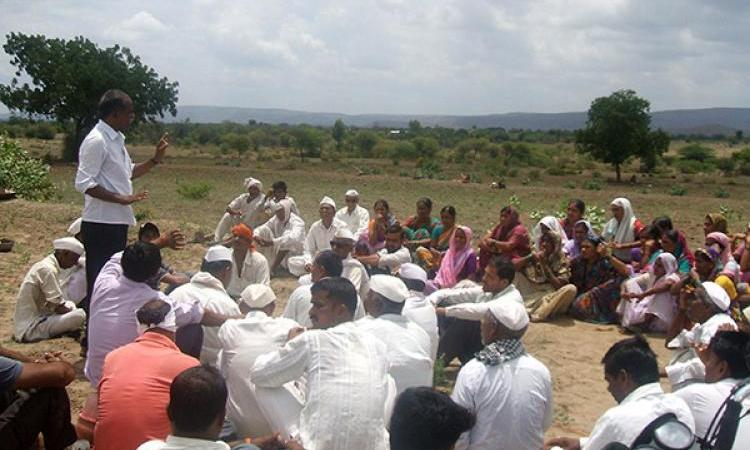
Every district in India to have 600 Zila Swachh Bharat Preraks soon to rid the country of open defecation
The union government is mulling over introducing young, driven individuals called Zila Swachh Bharat Preraks at the district level to help popularise the Clean India Mission and aid in its success. The preraks are expected to provide management and technical support to those implementing the mission on the ground apart from supporting higher ranking district-level authorities. One of their main functions would be to co-ordinate various sanitation-related programmes operative at the zilla-level. Increased emphasis has been laid on the involvement of youth in changing behaviour and ridding towns and villages of open defecation.
SBM fetters the dignity and freedom of Chhattisgarh tribesmen
The fact that the Swachh Bharat Mission is being implemented in a mechanical manner with a narrow outlook is best evinced by the experiences of forest-dwelling Kamar tribes of Chhattisgarh. Most tribesmen feel that the vigilance committees set up by the state government to enforce toilet use impinge heavily on their traditional ancestral practices of relieving themselves in the forest. Women and the elderly in the villages reveal that they have to hold their bowel movements for much longer in fear of being accosted and punished by the vigilantes. Instead of creating awareness about good sanitation and hygiene practices, the government has adopted a very narrow attitude of instilling fear to change behaviour, which is now proving to be extremely futile.
Maharashtra municipal corporations to scrutinise quality of toilets built under SBM
Municipal corporations across Maharashtra are now tasked with scrutinising the quality of toilets constructed under the Swachh Bharat Mission and the Pune Municipal Corporation (PMC) is expected to get on with it at the earliest. The state government came out with this directive as the use of low quality prefabricated materials for toilet construction has been observed across various towns and cities. PMC has set a target of making the city open defecation free by January 26 next year. NGOs have been roped in to help construct toilets with the help of state and central government funds.
Defecating out in the open increases risk of rape: Study
A University of Michigan research study has revealed that women defecating out in the open are doubly prone to rape and sexual assault compared to those who use toilets at home. Researchers scrutinised data from the Indian National Family Health Survey along with an analysis of women’s toilet access and use. This is the first time that the link between toilet access and women’s safety has been studied. Researchers feel that improvements to sanitation infrastructure must be accorded highest importance throughout the country to minimise the risk of sexual violence. Close to 300 million Indian women have no access to toilets and are forced to defecate in the open.
Excessive garbage and wastewater dumping turn Thane creek into toxic nullah
The continuous inflow of untreated sewage has reduced the Thane creek into a toxic drain leading to the extinction of various aquatic species which once thrived. Nearly four huge drains dump untreated sewage into the creek choking the entire system. Complicating things further, mangroves surrounding the creek have also been encroached upon. Unless sewage treatment plants are present and functional to treat refuse, the destruction of the creek will continue unabated.
This is a roundup of important sanitation related news published between December 10 and 16, 2016